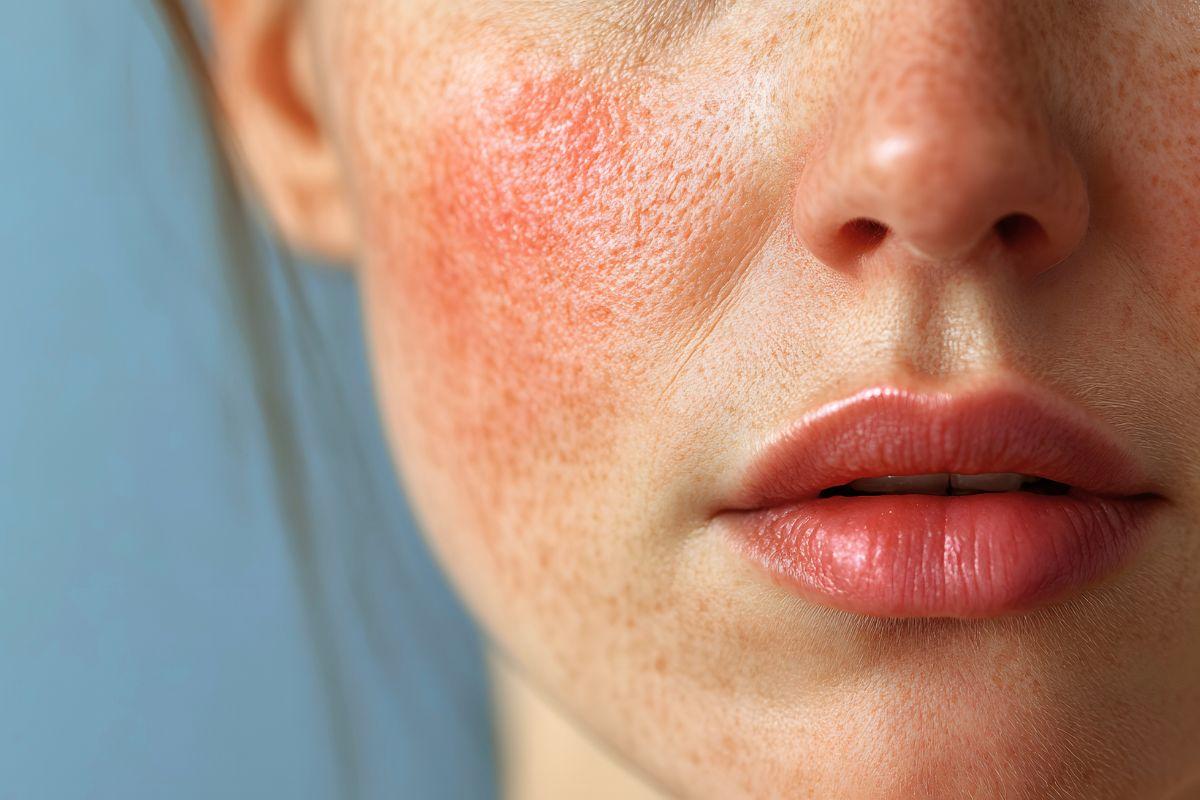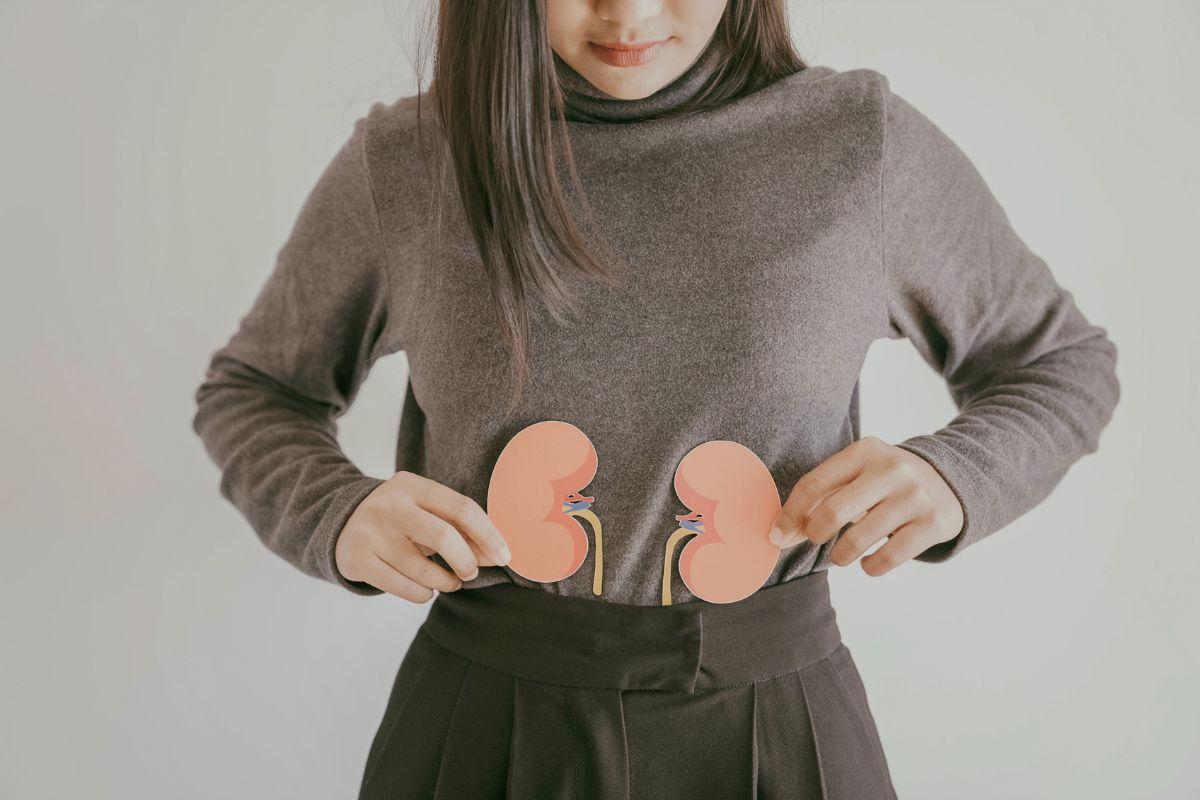Rosacea is a frequent chronic skin condition that causes facial flushing and other dermatological symptoms. It can affect confidence and comfort, especially because of the long-term redness. While there’s no cure available yet, treatments (including laser therapy) can make symptoms more manageable. Dermatologists are highly qualified professionals in performing laser and other treatments to help rosacea patients. Doctify connects patients with trusted dermatologists who can guide treatment choices.
What Is Rosacea?
Rosacea is a chronic skin condition causing facial redness, visible superficial blood vessels (spider veins), red/flared-up nose, swelling, and sometimes acne-like bumps or thickened skin. Rosacea patients repeatedly suffer from high sensitivity to sunlight, spicy foods, and/or some topical skincare products. The common triggers of this condition are: hot drinks, spicy food, alcohol, stress, and temperature extremes. Scientists have discovered a correlation between rosacea and negative emotional impacts. Often, patients with repetitive frustration, embarrassment, reduced self-esteem, and higher rates of depression and anxiety.
Conventional Treatments Before Laser
Conventional treatments are the first line treatments, before using lasers. They often help control flare-ups, but may not reduce visible redness or blood vessels. The conventional treatments, are:
- Topical creams, for example: metronidazole, azelaic acid (prescribed by a dermatologist).
- Oral antibiotics for inflammation (prescribed by a dermatologist)..
- Lifestyle adjustments to avoid triggers, for example: keeping away from hot drinks, spicy food, alcohol, stress, and extreme temperatures.
How Laser Treatment Works
Laser treatment is safe, non-invasive, and usually done in a clinic setting by a dermatologist. Laser treatments work as follows: first vascular lasers target dilated blood vessels under the skin, which absorb the light energy and convert it into heat. Afterwards the heat from the laser collapses these vessels, reducing redness, flushing, and visible blood vessels.
What to Expect During Laser Treatment
During laser treatment you will experience:
- Short sessions, often 15–30 minutes.
- A mild stinging or warming sensation during treatment.
- Minimal downtime — some normal redness or swelling for a few hours to days.
It is important to have in mind that results appear gradually over several sessions of laser treatment.
Benefits of Laser Therapy for Rosacea
The benefits of laser therapy for rosacea are multiple, among the most common are: reduction in facial redness and flushing, fewer visible blood vessels, improved skin appearance, boost of self-confidence, and lower rates of depression and anxiety. Nonetheless, long-lasting results are obtained with maintenance sessions as recommended by the dermatologist.
Risks and Side Effects
Every procedure has side effects, fortunately the laser treatment has very few, such as: temporary redness, swelling, or mild bruising. As well as some rare risks, for example: burns or changes in skin colour. That is why it is important that a professional is the one performing the procedure, choosing an experienced dermatologist minimises risks.
When thickening of the skin occurs, your dermatologist or plastic surgeon may recommend a surgical procedure to remove excess tissue and create a more natural-looking shape.
Dr Robert J White
Who Is a Good Candidate?
Patients with any of these conditions are good candidates for laser treatment:
- Patients with visible blood vessels or persistent redness.
- Rosacea patients who haven’t achieved full control with creams or tablets.
- Rosacea patients with lifestyle adjustments in which triggers are avoided, but haven’t seen changes.
Nevertheless, laser treatment is not suitable for everyone: darker skin tones may need alternative approaches.
Aftercare and long-term management
After the laser treatment, the patient should be careful and protect skin with daily SPF for the sun and moisturizing cream regularly to maintain the skin barrier. Also, continue to avoid known triggers to prevent flare-ups, such as: hot drinks, spicy food, alcohol, stress, and extreme temperatures. If necessary and recommended by the dermatologist, combine with medical treatments for best long-term results.
Questions to Ask the Dermatologist
- Is laser treatment ideal for me?
- How many sessions of laser treatment will I need?
- What will I expect during laser treatment?
- How can I take care of my skin post laser treatment?
- Will I need to combine laser treatment with medical treatments for best long-term results?
Conclusion
Rosacea is a common chronic skin condition, which causes negative emotional impacts, like for example: repetitive frustration, embarrassment, reduced self-esteem, and higher rates of depression and anxiety. Laser treatment offers a safe, effective way to reduce rosacea symptoms, such as: reduction in facial redness and flushing, fewer visible blood vessels, improved skin appearance, boost of self-confidence. Multiple short sessions are usually needed, but most patients see gradual improvement. We invite you to use Doctify to book with a trusted dermatologist to discuss whether laser treatment is right for you.
Find the right specialist for you. Doctify uses verified reviews so you can make the best decision for your healthcare.

Feel free to consult a dermatologist through Doctify for personalised advice whenever you want, we will be happy to help you! Find the best dermatologist in the United Kingdom or search for the best specialists globally:
- Dermatologist in the United Arab Emirates
- Dermatologist in Germany
- Dermatologist in Austria
- Dermatologist in Ireland
- Dermatology in Australia
Medically Reviewed
Last reviewed on 06/10/2025




